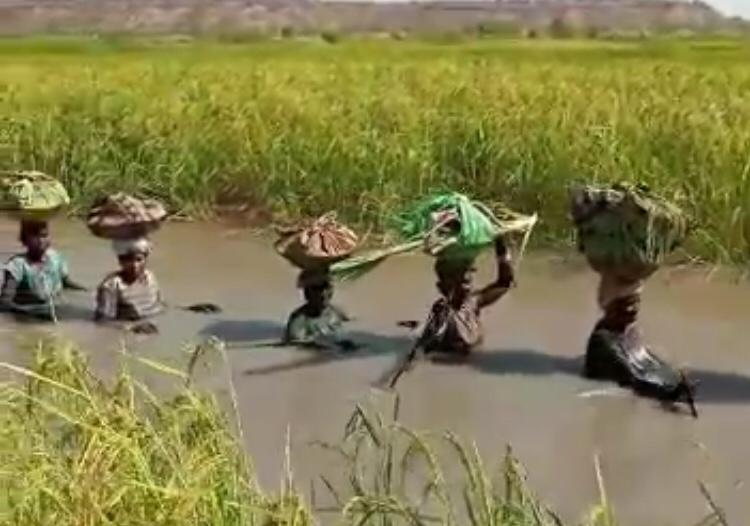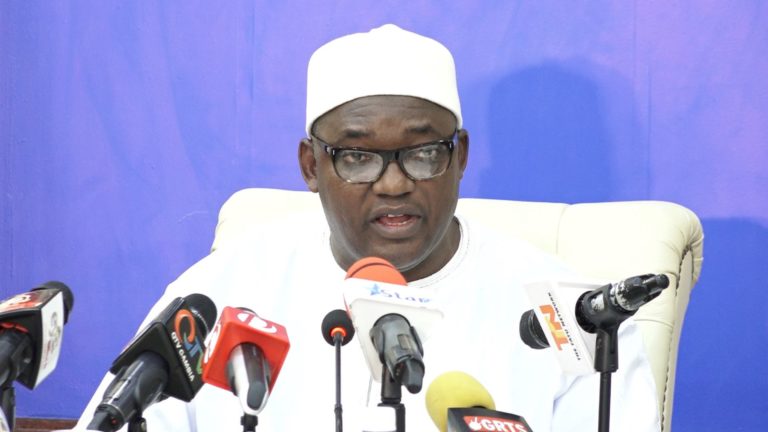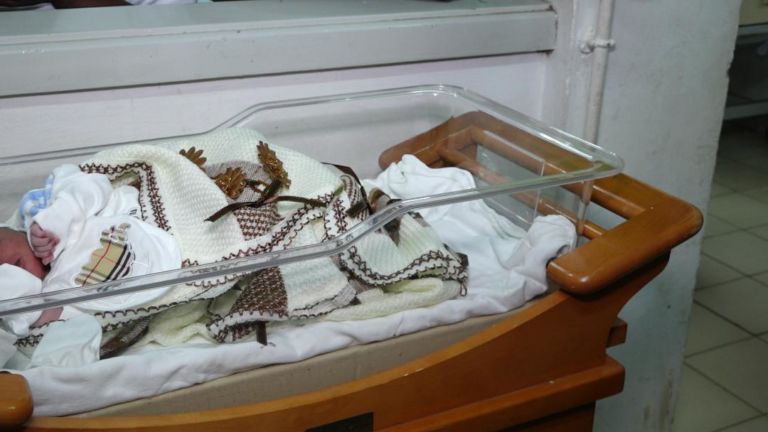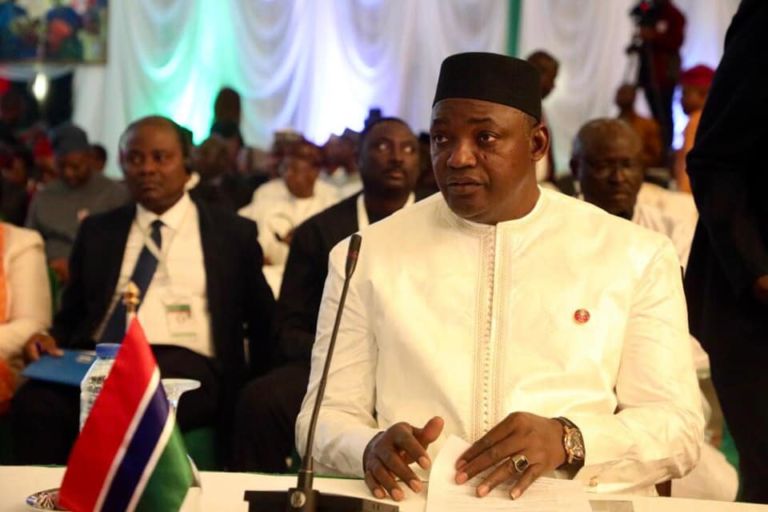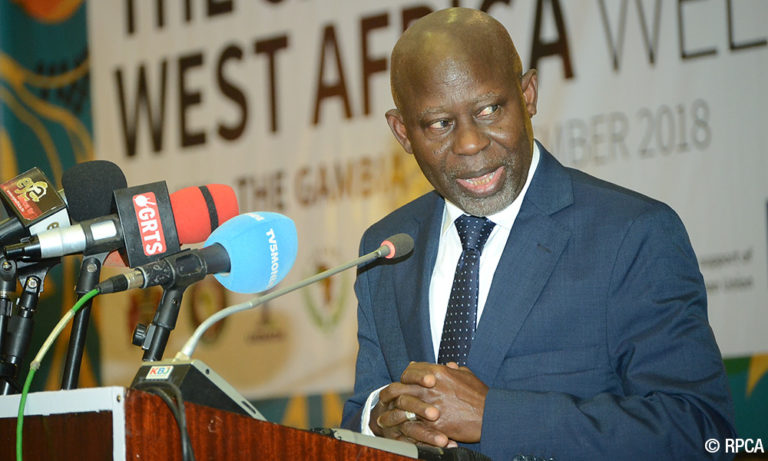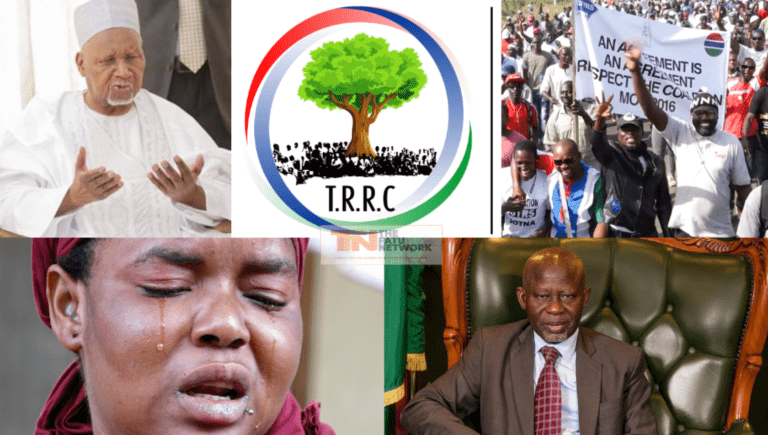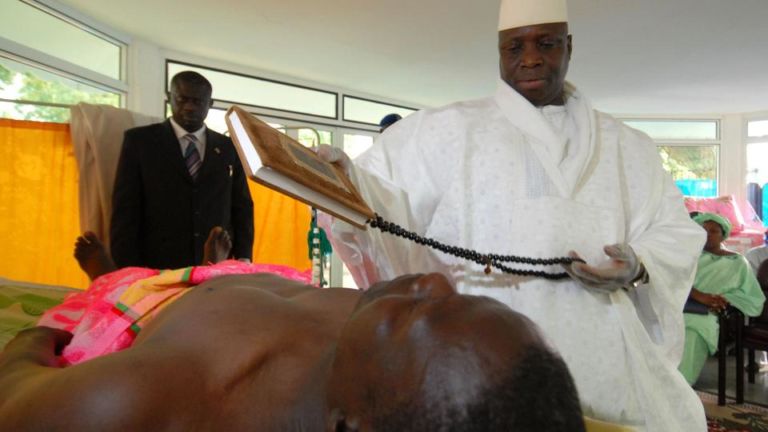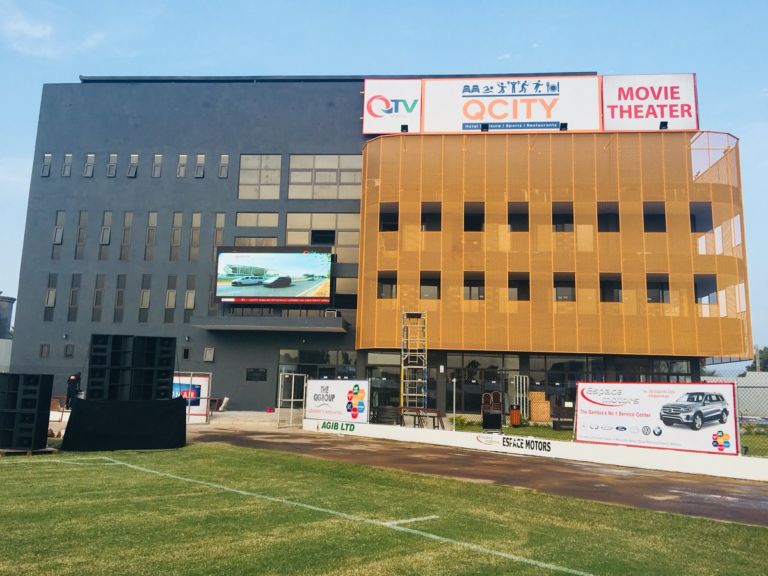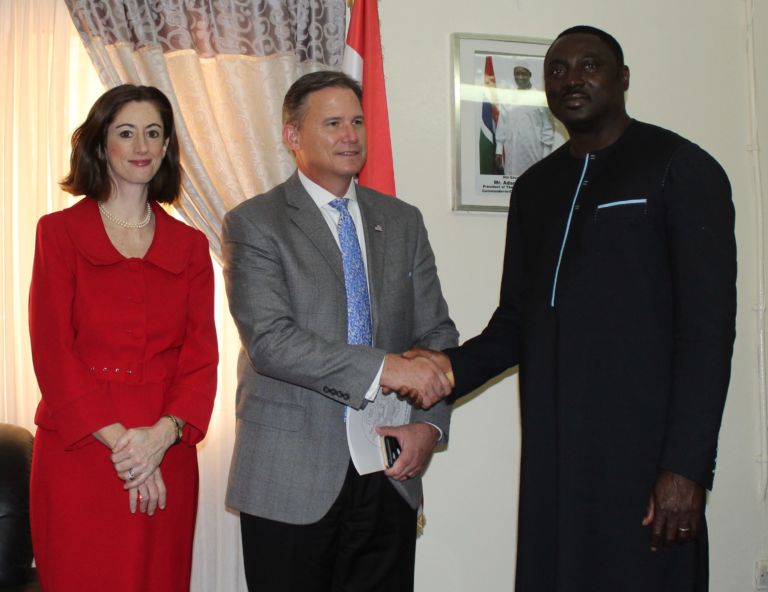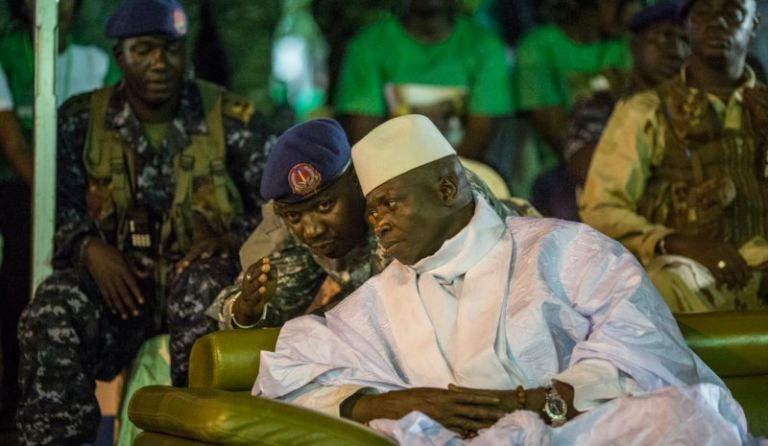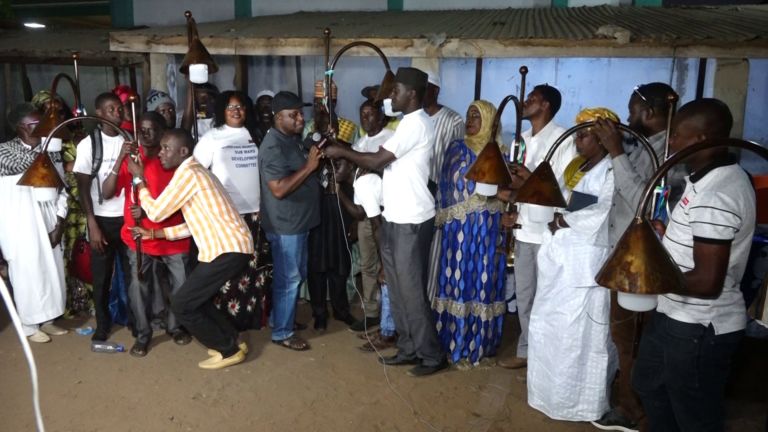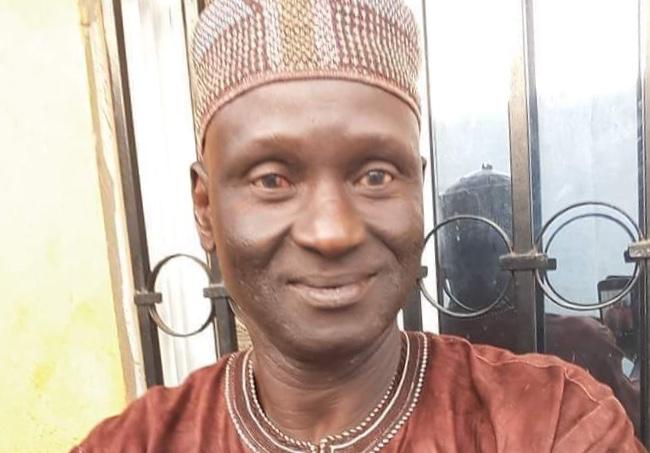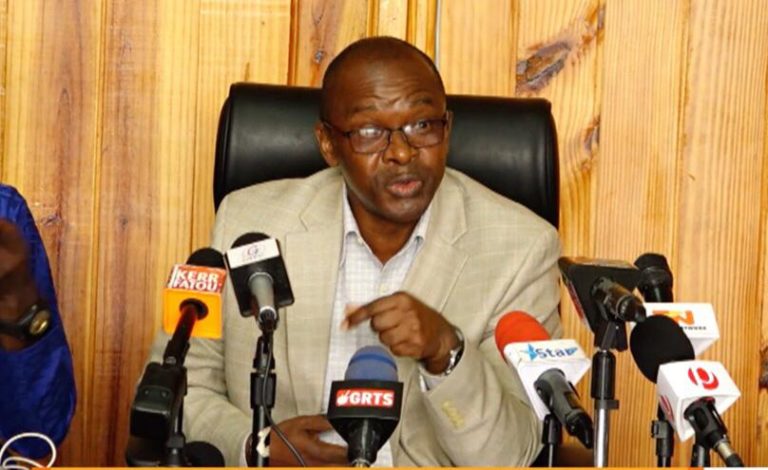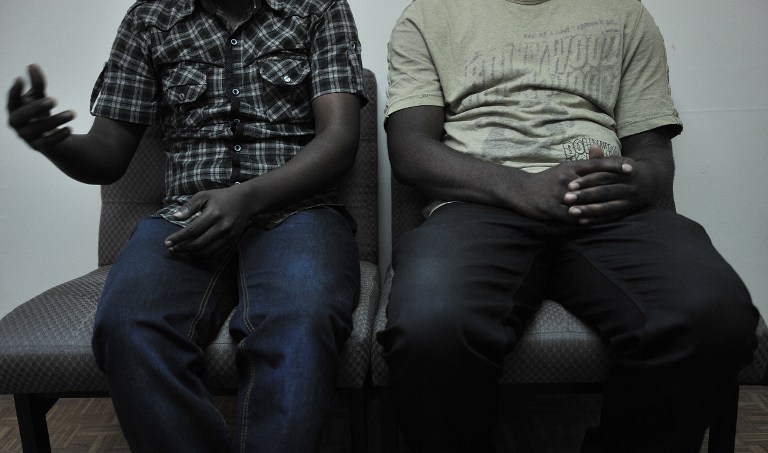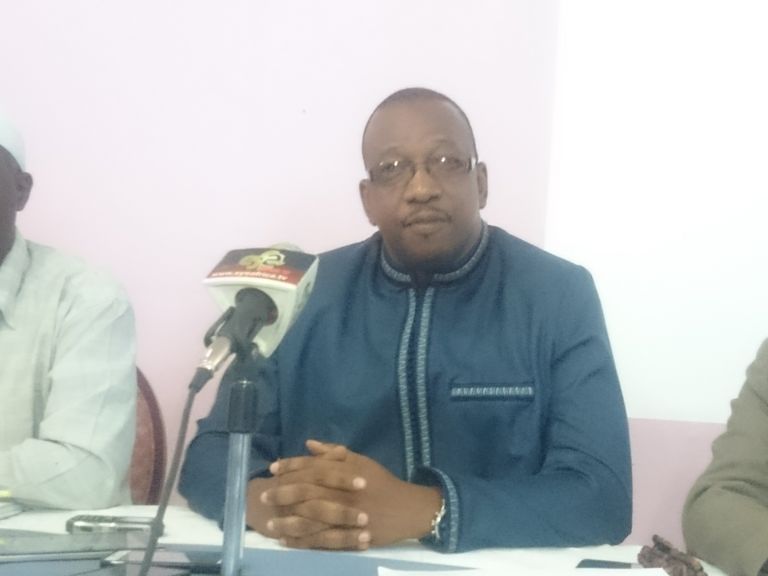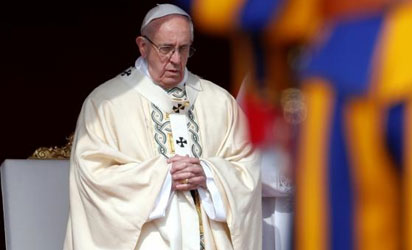For some time now, some members of the community have been heard in every corner of the country and throughout the diaspora protesting the durability of the mandate of the current president of the Gambian Republic. Regardless of ethnic, linguistic and ideological differences, most of the components of these groups of protesters discuss the legitimacy of the president after three years in office contradicting what he had promised the public opinion during the campaign era of 2016. Without seeking to justify any position, for or against, it is worth remembering the historical facts behind such an increasing and dynamic social movement today.
In a very tense pre-post electoral context, where the former president Yahya Jammeh had put thousands of obstacles to his opponents to perpetuate himself within a system that he had been leading for more than two decades, the then candidate of the coalition-opposition movements and current president promised to reduce his mandate to three and govern by a single legislature, and being his unique purpose the concord, national unity and guarantee of the rule of laws that had been transformed into the strict-personal will of the former president and not the respect of a social testament through a system of democratic public organization.
As a young student who witnessed the arrival of President Jammeh and his painful departure (forced and necessary), twenty-two years later, we are obliged to realize introspection. Among others, Gambia as a model of human rights, coexistence, peace, stability and a consistent democracy during the era of Sir Dawda Jawara, although economically stagnant, thus later turned into a nation depressed and oppressed by a military regime that trampled all laws to satisfy the ego of a “character”. During the two decades of the APRC government, we have witnessed all kinds of violence, repression, threats, uncertainty, economic backwardness and an international isolation from the warmongering policies and declarations adopted by the previous administration.
From there we went from having a peaceful state, courted by the majority of tourists and the international community for its sociological stability that had been grounded in the harmony and communion of communities and religions, but with the unlimited and inconceivable political strategies rooted in the ambitions of a unique being to the political system arrived in a monarchical-religious state, not based on the religious ideology itself, but on the cult of a character who saw himself as a semi-god. His rigid and thoughtless posture introduced the country into a maze, instability and fear of a possible episode of ethnic confrontation similar to dark days vivid in Rwanda and Republic of Central Africa. Thankfully, it did not reach the levels of Libya post-Gaddafi.
Thanks to the diplomatic maneuvers of neighboring countries, ECOWAS, African Union and the United Nations, everything was limited to a mere scare and the country was able to regain its dignity in the eyes of the world that kept looking at what was going on “that little country” as some international media used to title; The Gambian community abroad, for the most part, experiencing bitter nights, worried about their relatives, thousands of kilometers away from their homes; fake news and uncertainty, creating more tension than the political reality itself, especially the constant retractions of President Jammeh.
Three years after that fateful episode, and despite the efforts made by society to reestablish dialogue and reconciliation through the composition of the Truth and Reconciliation Commission, and the wounds still taking time to heal completely, the voices of a new conscious and critical generation -mostly youths craving freedom and a new system- take to the streets reminding President Barrow to comply with his promises. Promises that in themselves pushed many citizens to vote in his favor, but today should we grant him the right to be mistaken for his lack of political experience? Many times, the electoral promises and the state reality go in opposite directions, especially in our countries, where frequently, the outgoing administration inheritance is usually catastrophic due to the mismanagement of public affairs and the distribution of common goods to favor a family, clan and closest friends, while the population succumbs to poverty and the country appears on the list of the world’s poorest nations.
Reason why we could affirm that the current tenant of the presidency is trapped by the political reality that surpasses his will and supposed “good faith” to keep his word. Not only does the population require urgent and pragmatic reforms, but the political survival of its project is at stake because he came to power under a coalition; an alliance where each party is weaving strategies to occupy the chair in the next elections. In fact, we have seen how divergences have led to the break between President Barrow and his former Prime Minister Ousainou Darboe. Not being Machiavellian, but having all these factors and the pressure of international institutions to make reforms, the president has no choice but to extend his term to five years. Because the temporary durability of mandates in Africa is different from the rest of other areas where industry and economic progress rarely depends on the government, however, in our countries, all socio-economic development is expected to come from the national leader.
And seeing the urgent needs that the country faces, I doubt that a three-year term will be enough to allow the president to fulfill all his electoral promises. Unless he decides to follow the greatness of Nelson Mandela, that is, to use his mandate as a period of national healing and the restoration of institutions, then organize free elections and make a peaceful and democratic transition. That said, I do not defend any position in favor of the administration, but I make a simple analysis of the situation and the political reality in which the country is at the moment. Forcing the president to leave power right now when the necessary reforms have not been fulfilled is also not a responsible idea; especially, if we take into account the necessary reforms in the military department for the stability of the country, seeing the context of regional instability, organize crimes and terrorism.
But this is not going to be an easy task, rising awareness and lessons learned from the previous dictatorship has meant that in The Gambia and in all African youths, a hunger for democracy is developing, a new methodology, paradigm shift and a more democratic way of governing, especially with the inclusion of young people seeing their importance and demographic weight and their handling of new technologies that positions them at the same level as the rest of the world youth.
We can discuss whether or not the problematics and answers are timely, given that the context calls for focusing on other urgent priorities for the country. But seen from the anthropological dimension, ethics and tradition, the fact of giving his “Word”/electoral promise has a very important significance in our communities. Historically, in our societies, when a social leader or patriarch gave his word of honor, he was expected to fulfill it as a moral reference. The word given had legal validity, which means a commitment and an obligation. And in this case, the president could be criticized for not fulfilling his (voluntary) promise to the people or having made a wrong strategic-communication when he issued those promises since he spoke based on people’s emotions and not on the basis of a rational political calculation. This is a common mistake among African leaders.
And mistakes like this are not acceptable by the present generation. Leaders are required to be consistent in their political speeches and never take society as “a childish club” that can be deceived based on variable songs.
Exercising his faculties, he told the public that his voluntas (ambition) was to make a term of three years as a preliminary stage of bringing together the diverse forces towards a more democratic transition and restoration of the credibility of the institutions that had succumbed during the previous era. As President Obama said, Africa does not need strong men as it is usually conceived, but strong institutions capable of guaranteeing rights and social progress.
However, there is also the legal-ethical dimension that can make the issue more complicated. Even if the president wishes to reduce his term to three years, and as a result of the constitution saying otherwise, he would have no alternative but to respect the law, since he is expected to be the first of the citizens to comply with the laws of the nation. You could only talk about other solutions: a referendum where the people would dictate their will, or the materialization of his free and uncoerced resignation … which is not the case here. So, given the massive discussions about the legitimacy of his continuity in power, what we could say is that, without being in favor or against the administration, the urgency is not in the question of the mandate itself.
Transition periods are never easy in Africa, especially after the nation had lived two decades of oppression and the violation of the fundamental rights of citizens. The national rupture based on ethnic-religious favoritism and economic waste to the detriment of other cultures-minorities produced sequels that the current administration is responsible for healing before talking about elections. The task of the president at the moment must be “paternalistic” in the sense that he has to federate the forces and communities before the elections or his possible resignation, otherwise the country plays instability, especially after the new constitutional reform that positions the country as a Muslim State. This is a huge error, and a very sensible question that needs to be treated with rationality and dialogue.
What is the place of those citizens who profess another religion or none? The state must be secular not in the European sense (inherited from the French Revolution of 1789), that is, the denial of religion in all its forms, but rather be the representation of the Republic in its philosophical and modern sense: the center of national unity and guarantor of the fundamental rights of its members. This is the most important task, even before talking about economic progress, because without a solid constitution, it is impossible to gain an atmosphere that allows any type of activity generating resources and well-being.
The Gambia, as a member state of the United Nations, is obliged to respect and enforce the Charter of Human Rights adopted and ratified by most countries. This implies respect for the rights of minorities guaranteed by the supreme law: national Constitution.
In this sense, after a fierce dictatorial era that limited the progress of freedoms and the economy, the most urgent thing that the current regime needs is to lay the foundations to guarantee institutions capable of building and ensuring democracy and social justice. Among these tasks is the necessary and imperative revision of the new constitution. It seems dangerous to me to denominate the country an Islamic state when it is a nation made up of different creeds and worldviews. Although the vast majority of the population is Muslim, the Islam practiced in the Gambia is not the same as in some Arabic countries. We have our customs-family alliances governing our communities long before the advent of monotheistic religions to our borders. Many social structures and families share the same last name; economic and socio-professional activities are composed of people of different religions but in everyday life these differences are never manifested, because the country is built on pillars of tolerance and acceptance.
We cannot fall into the error of ethnonationalism and the idolization of public space that is becoming a source of tension in many communities. Constitutions are not changed seeking political interest, but the guarantee of collective coexistence with equal conditions for all components of society. And in this sense, with this new constitution which is being generated it is the germination of a silence violence-exclusion that can be dangerous in the near future. Hence, it should be recommended to the current administration that, their task is always to listen carefully to the vox populi, which is what defines sovereignty. No leader has legitimacy if he does not have the legal support of his citizens.
Hence without the need to mention the debate about whether President Barrow has to keep his word or govern two more years, among the things the country needs is to transform its economy, make it more dynamic with ambitious reforms not ordered by the international economic institutions, rather seeking her own socio-economic model, national interest and inclusion of its citizens in the local economy-private sector; attract local-foreign investors in strategic areas to help develop a solid economy. But above all, the industrialization of the country, taking as a first alternative the creation of a new capital city, that is, making the administrative center a well-positioned site capable of connecting all regions and with a connection to the international world. The local economy cannot depend solely on tourism and importing. But the industrialization of the mayor economic sectors.
This leads me to think that, in the face of the new debate about the ECO currency that the French-speaking countries of the region are preparing to incorporate, the leaders must not fall into the error of accepting it, because it is disastrous for the local economy, especially for export. It must only be accepted if it is considered as a regional currency endorsed by all ECOWAS countries and that the guarantees are not controlled by the French central bank. Independence is not only political, also monetary sovereignty. Better to preserve the local currency or create a more competitive one with countries such as Nigeria, Ghana, Sierra Leone, etc., than adopt the ECO as it was sold to us this week: French national interest.
The country faces challenges: urgent improvement of the education system, health, social justice, poverty reduction, lack of employment that pushes young people to migrate and die inhumanly, external indebtedness, chronic dependence on IMF, World Bank, and foreign aid policies. The leaders need to follow the example of the BRICS countries, the giant Asians who had our same level of GDP in the 1960s and today are among the most advanced. It is an imperative to encourage the Gambian intelligentsia in the diaspora to participate in national progress, not only by sending money to their families, but also in the creation of projects, sharing ideas by means of the new technologies in order to overcome the distance-barrier. For example, in the education sector, those in the diaspora can teach their siblings and transmit their knowledge through the use of new technologies. They can preserve their standard of living in their respective countries while contributing to the progress of the country from a distance. It only takes the political will and the availability of the rest of society to open up to the new paradigms and demands of the new era: knowledge economy.
Finally, the country’s position before the International Criminal Court is to congratulate. It is not a question of the defense of Muslims (Rohingya genocide) in Myanmar (Burma) or a religious ideologization, but of basic human rights. The guarantees of these rights have to be defended by all states imperatively. Being a small country does not mean the absence of own voice. The country must position itself in the decision-making centers that affect the course of humanity. Of course, as a recommendation, diplomacy has to be reformed to meet the new challenges and geopolitical contexts. Among these reforms, the selection process, appointment and training of staff. If the creation of a Diplomatic and International Relations Academy is expensive, another way would be through international collaboration to train its diplomatic staff.
Finally, instead of protesting, what we should do (Gambians, like all Africans) is, a mental/psychological transformation, the adoption of new paradigms and policies that meets the social demands. The others move forward while we are constantly trying to heal the wound that never heals: electoral problems in Africa and constitutional changes in favor of a few. Our era asks for renewed alternatives: democracy, transparency, knowledge economy, more weight for women and young people in the public space.
The writer, Maurice D. Samb, is a Philosopher and a PhD Researcher in Environment and International Security. He wrote from Spain

